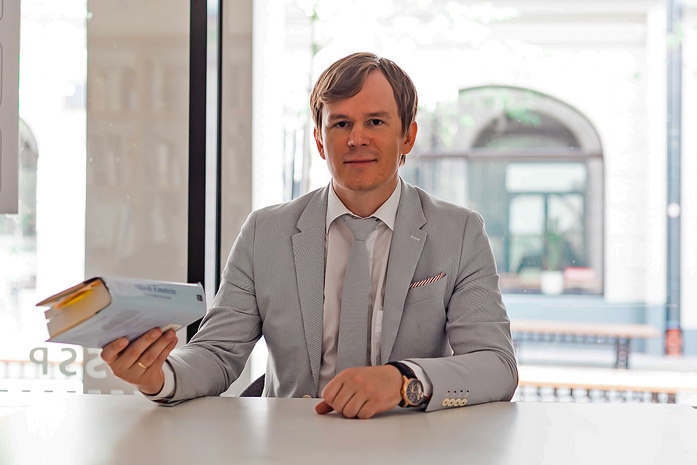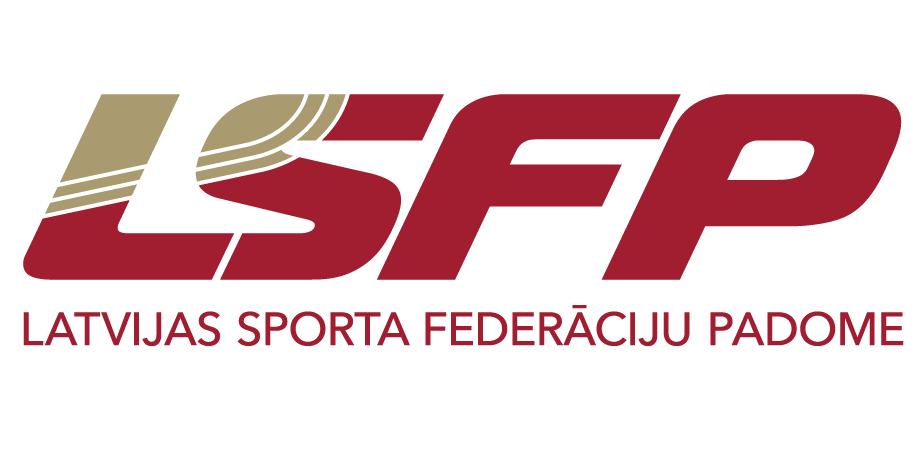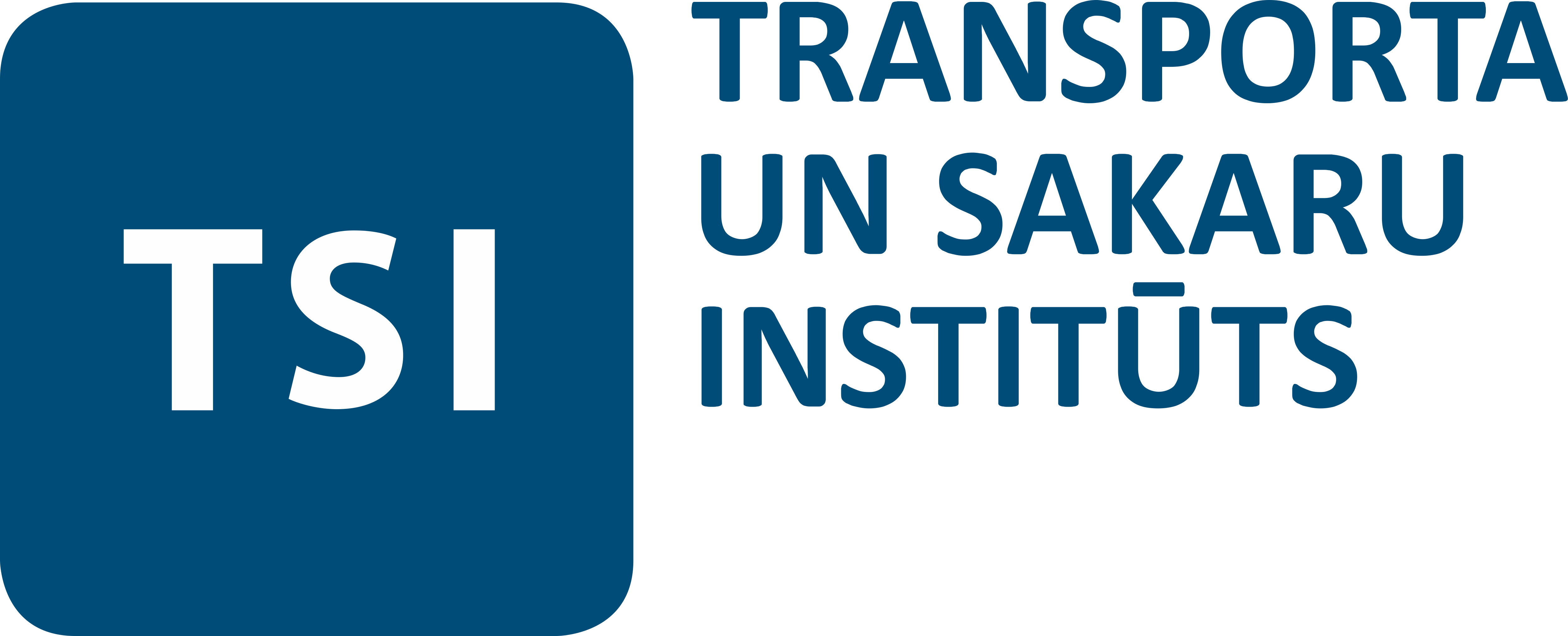Grandmaster Maris Krakops has been elected the President of Latvian Chess Federation
30.08.2019
On Wednesday, August 28th 2019, Latvian Chess Federation's (LCF) members' meeting took place in Riga. An entrepreneur, lawyer and a grandmaster- Maris Krakops- was unanimously elected the President of Latvian Chess Federation (LCF).
The outgoing incumbent- businessman Āris Ozoliņš- has held LCF President's office twice- 2010 to 2011 and 2015 to 2019.
Speaking at the LCF members' meeting Āris Ozoliņš stated:
Numerous goals we had set have been achieved during my tenure. European championships, juniors and women, in 2017-2018 were a resounding success. This year, FIDE Grand Prix tournament and Mikhail Tal memorial with 4 parallel events for three summer weeks made Riga the capital of world chess.
In order for chess in Latvia to continue to evolve, a new, energetic, knowledgeable president should continue to put forward and implement new ideas. Now this has happened and I congratulate Maris Krakops on being elected the President of LCF. I wish him strength, health and success in this position and in everything he does. Gens Una Sumus.
Maris Krakops added:
First of all, I would like to thank Āris Ozoliņš for the tremendous work and the world class chess players and tournaments he has brought to Riga.
Second, I am optimistic abut future of chess.
Even with proliferation of available pastimes there is a lot that millennia old game of chess can offer the young generations who are at home in this century of automated computation and ever-present encirclement by electronic screens. Chess is for our brain what exercise is for our muscles. We should note, it is much less addictive and tiring than video games- that are our competition.
Also, very importantly, there are tremendous opportunities in cooperation with our IT partners in developing and testing neural-network-like programming, colloquially called "AI." Just as Shannon and Turing and von Neumann found chess game highly useful while laying foundations of electronic computers in mid-20th-century, so we foresee a similar opportunity in teaching computers how to create.




Komentāri:
Lai pievienotu komentāru, pierakstieties ar draugiem.lv, facebook, vai vkontakte.ru kontu.
draugiem.lv facebook.com vkontatke.ru